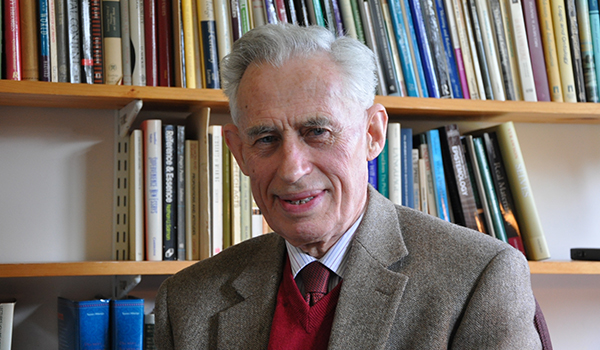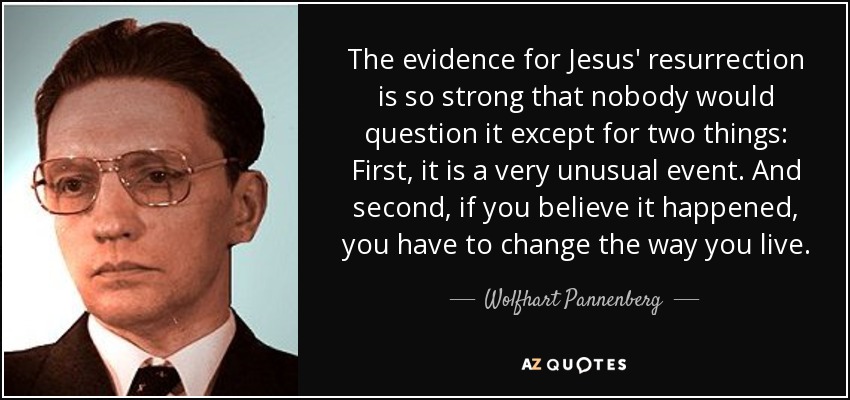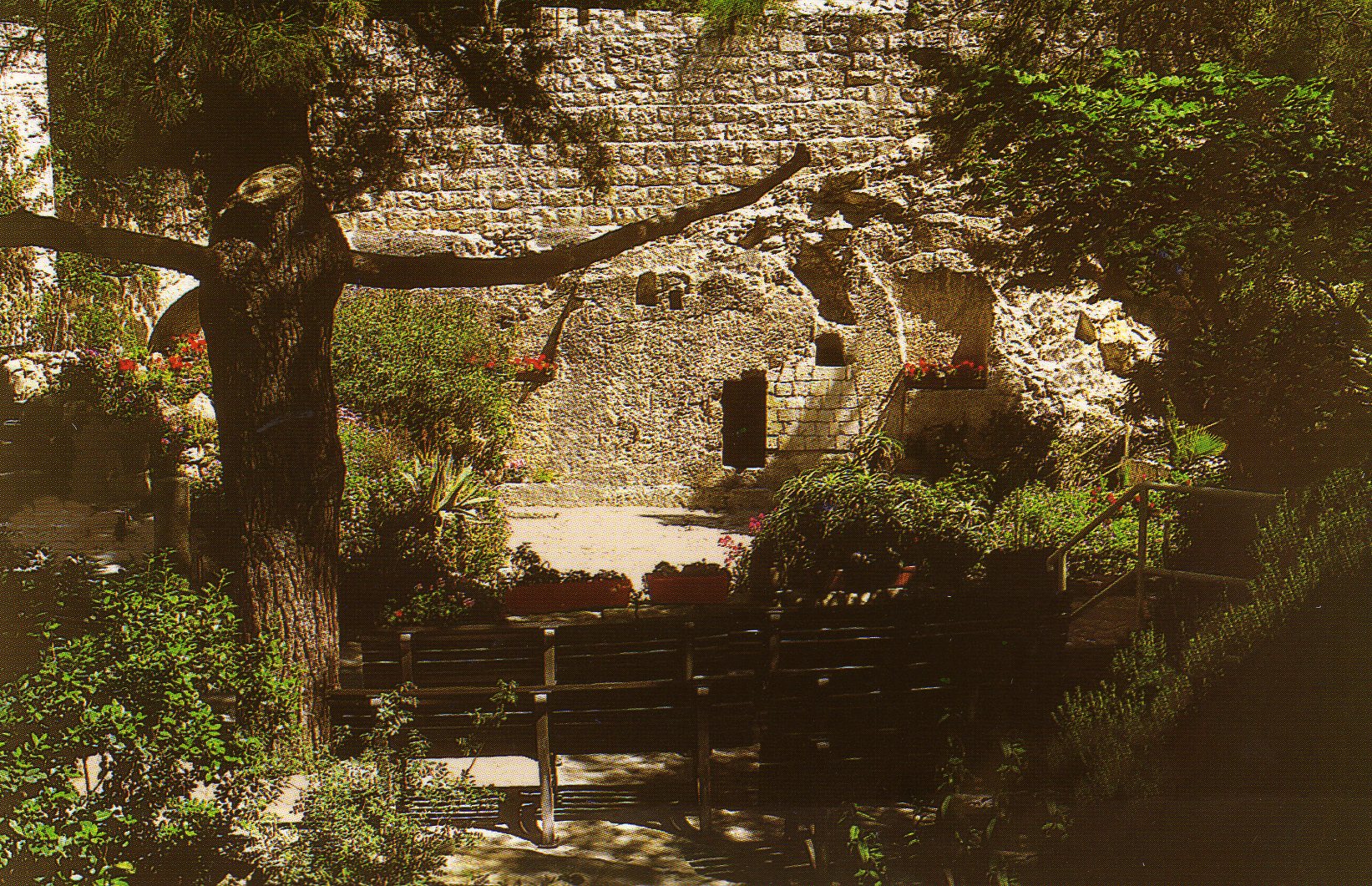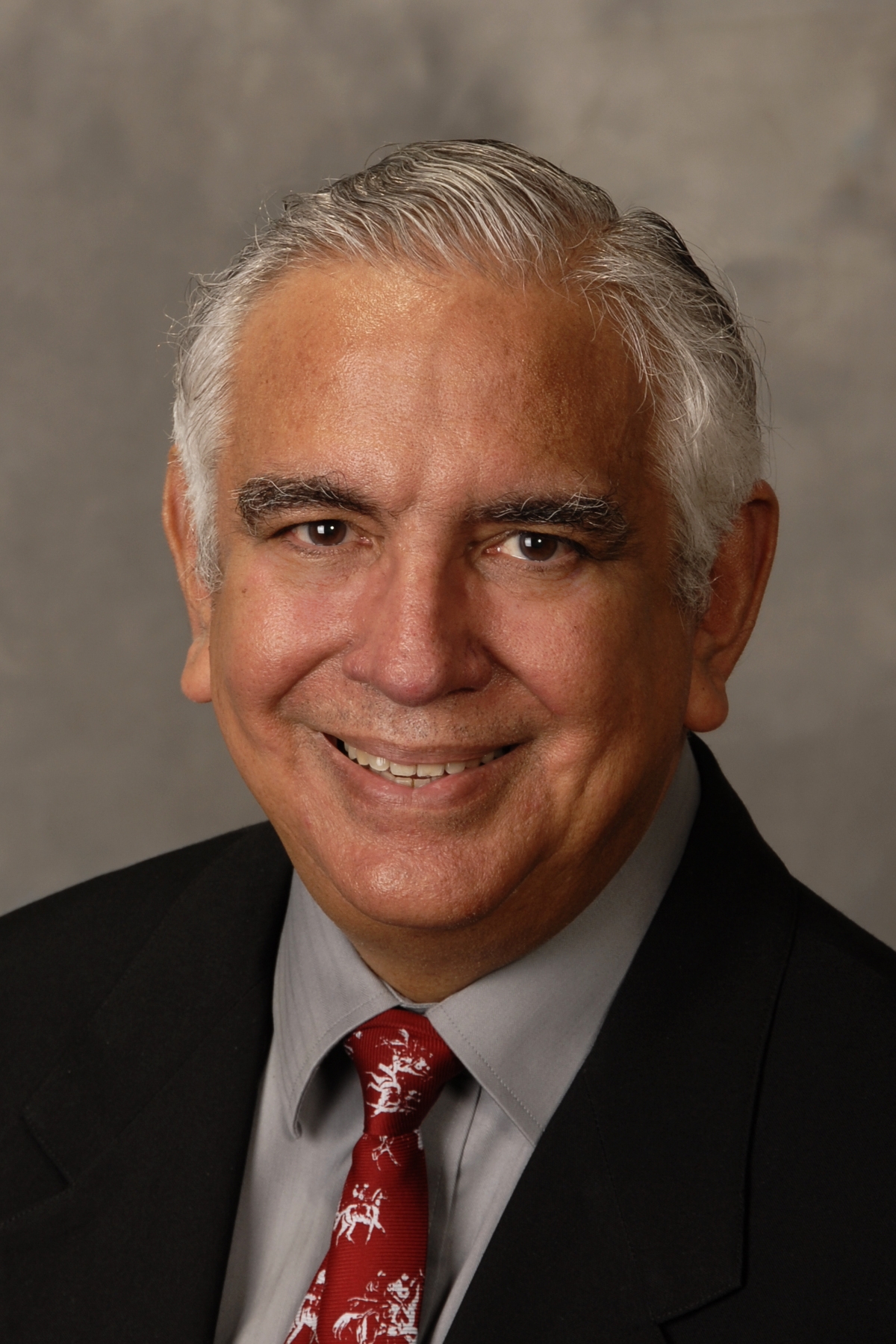 This week marks the beginning of a new semester, and what a blessing to have the campus full of students again! There is a buzz about the place that simply is not here while the students are away. It is a joy to see our continuing students again, and great to see a whole lot of new students joining us. They’re excited too, and I hope their excitement grows even in the midst of challenging assignments and pressing deadlines. I look forward to another year of getting to know each other and growing together as we study and learn together. And as a new semester starts, I think about some of the things I might like to say to new students just starting out in this most joyful and perilous of endeavours…
This week marks the beginning of a new semester, and what a blessing to have the campus full of students again! There is a buzz about the place that simply is not here while the students are away. It is a joy to see our continuing students again, and great to see a whole lot of new students joining us. They’re excited too, and I hope their excitement grows even in the midst of challenging assignments and pressing deadlines. I look forward to another year of getting to know each other and growing together as we study and learn together. And as a new semester starts, I think about some of the things I might like to say to new students just starting out in this most joyful and perilous of endeavours…
*****
The opportunity to study is a privilege. During our recent orientation programme, our mission’s director Lloyd emphasised this, by reminding us of the many, many people in our world who would value the opportunity to study but for whom it is not possible. A survey of history shows that only the most privileged members of society gained this opportunity.
If this is true, then theological study is a double privilege. We are invited to give our attention to reflect on Scripture and tradition, history and theology, ministry and practice in a systematic and sustained way, and so to grow in our understanding of God and his word, his will, his people, and his mission. We are invited into conversations and reflections about these matters that have been underway for millennia, as each generation seeks afresh to understand the reality within which our entire existence unfolds. We are invited to dialogue with and learn from spiritual and intellectual giants who have lived this life before us. And this invitation comes with the added benefit of being able to do all this in the company of friends and fellow-travellers.
In so doing we are also invited into a process of learning intended to issue in personal transformation. Theological study in a seminary context is not merely an academic and critical exercise—although it certainly is that—but also a self-involving discipline that engages the learner in the subject matter under consideration. How could it be otherwise?
Theology is not a religious studies programme or a course in professional practice. Nor is it a purely historical exploration of the origins, history, traditions, and content of the biblical texts and Christian tradition. Such study is possible, of course, and included within the orbit of a theological curriculum. But theology goes further, for theology is faith seeking understanding. The object of study in theology is not the Bible nor the Christian tradition, but the God who is revealed in and through Scripture, and to whom the Christian tradition seeks to bear witness. In theology, we have to do with the living God who calls and claims us even as we engage in study about him.
Quite some years ago I was engaged as a student representative on a review panel of the theology programme in a university context. During one of the meetings, the panel chair proudly proclaimed that their (theological!) institution had been in existence for almost 100 years and in that time faith had never yet entered the classroom. Even though only an undergraduate at the time, and still without the resources to think through the matter, I thought to myself, “That can’t possibly be right! How can one study theology as though God does not exist?”
This division of head and heart, this split between the spiritual and the academic is not only dehumanising and depersonalising, but alien to the object of theology, detrimental to the life of faith, and debilitating to the ministry of the church.
 Herein lies perhaps the most insidious danger theological students face in their studies: the temptation to allow the critical faculty to overwhelm or squeeze out the life of faith. Often this change of heart creeps up unnoticed on the student. The busyness and pressure of the workload and other life responsibilities crowd out one’s devotional life. The heady pursuit (pun intended!) of academic knowledge and grade-point excellence may issue in pride or even arrogance. Sometimes students are drawn to the avant garde opinion, the innovative or radical position, without sufficient attempt to evaluate it in the light of the gospel. Tradition and even contemporary Christian practice may be despised as old-hat, wrong-headed, offensive or dangerous. Realisation of the missteps and faulty beliefs God’s people have taken and held over the years may generate cynicism.
Herein lies perhaps the most insidious danger theological students face in their studies: the temptation to allow the critical faculty to overwhelm or squeeze out the life of faith. Often this change of heart creeps up unnoticed on the student. The busyness and pressure of the workload and other life responsibilities crowd out one’s devotional life. The heady pursuit (pun intended!) of academic knowledge and grade-point excellence may issue in pride or even arrogance. Sometimes students are drawn to the avant garde opinion, the innovative or radical position, without sufficient attempt to evaluate it in the light of the gospel. Tradition and even contemporary Christian practice may be despised as old-hat, wrong-headed, offensive or dangerous. Realisation of the missteps and faulty beliefs God’s people have taken and held over the years may generate cynicism.
In all these ways and more a distanciation may take place whereby the student may become estranged from their faith, tradition, and faith community. They find themselves in the position of the spectator, standing apart, standing over against God, not necessarily as an enemy or an unbeliever, but in a more agnostic sense. God, or the people of God, no longer conform to that which we think appropriate. To some degree isolated in their “objectivity,” they may seek like-minded companionship and confirmation and the stance begins to solidify.
But wait! Is it not the case that sometimes Christian belief and practice has actually been foolish, wrong-headed, offensive and dangerous? Yes, sadly, that must be admitted. Christian justification of adventurous wars, slavery, persecution, and the oppression of others have marred the Christian story, and very careful, deliberate thought is required to identify how and why these aberrations have arisen; and how, by means of a deeper grasp and application of the gospel, they may be identified for what they are, and new ways of being the people of God learned, commended, and modelled.Here the work of theology comes into its own: theology for the sake of the church’s life and mission in the world. Theology as a Christian’s willingness to be drawn more deeply into the life and activity of the gracious God revealed in Jesus Christ, to become a participant in the drama of redemption as it continues to unfold in our lives, the lives of those around us, and the world at large. Theology as the response of those who find themselves called into the fellowship of the Lord Jesus Christ, and who wish to understand, express and obey his lordship in all of life. Theology, that is, as faith seeking understanding.
How, then, might theological students avoid falling into the snare that this danger represents? I don’t know that I can say something definitive here, but I think I can make several suggestions. First, maintain a robust Christian devotional life including prayer, Scripture reading, and other spiritual disciplines—not just to pass assignments, but to grow in your knowledge of and relationship with God. Second, maintain regular participation in a local congregation’s worship, fellowship, and mission. It will be especially helpful if you have peers or a mentor who will journey with you as a Christian while you are undertaking your studies. Together, these practices become ‘means of grace’ that help keep our hearts and lives oriented toward God, and the community and mission of his people, so that theology is undertaken in this context.
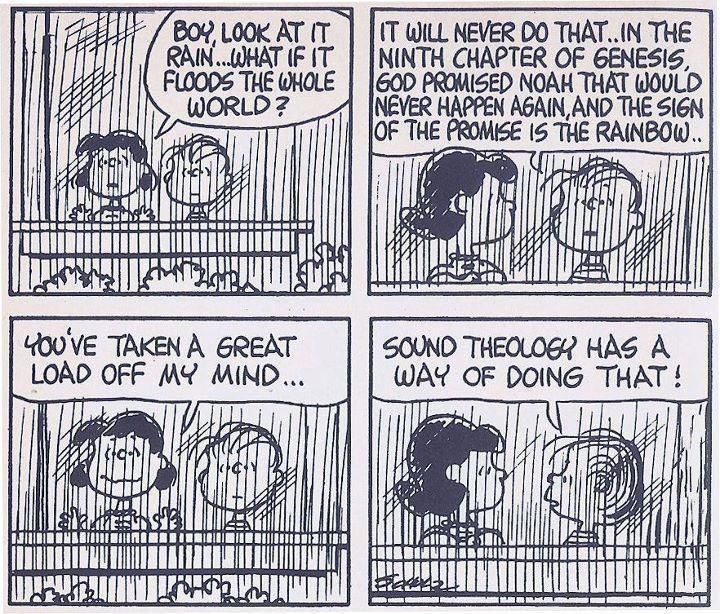 Third, and closely related, if you find your studies are disruptive such that old patterns of thought, belief and life are challenged or even overthrown, be reassured that this is surprisingly common. My own study journey involved a prolonged season of quite profound doubt—caused by my studies! My faulty foundations needed some substantial work and strengthening in order to build something stronger, taller and more enduring. When the ground is shifting under your feet you need something firm to hang on to. This is when your peer relationships, mentor and spiritual practices will be especially helpful.
Third, and closely related, if you find your studies are disruptive such that old patterns of thought, belief and life are challenged or even overthrown, be reassured that this is surprisingly common. My own study journey involved a prolonged season of quite profound doubt—caused by my studies! My faulty foundations needed some substantial work and strengthening in order to build something stronger, taller and more enduring. When the ground is shifting under your feet you need something firm to hang on to. This is when your peer relationships, mentor and spiritual practices will be especially helpful.
In my experience—admittedly limited—a means to address this kind of disruption is twofold: first, a deeper engagement with the gospel and the tradition is required. When questions arise, it is not time to withdraw from the field, but to seek a means of addressing them that is consonant with the gospel, and the major doctrinal and practical convictions of the church. Second, an attitude of trust or respect for authority will be immeasurably helpful. Most learning in any field involves a kind of deference to authority until our own learning becomes sufficient that we too might be called a ‘master.’ Most questions are not altogether new, and it is often the case that the tradition has the resources to address the questions adequately or initially, until we have learned sufficient to think independently or afresh about them. The great temptation here is simply to jettison the tradition before we have mastered it. The tradition is certainly not infallible; nor are our interpretations of Scripture infallible. But it is folly to abandon the tradition before we have heard it and heard it well.
Fourth, seek to integrate what you are learning into your everyday life. Allow your studies shape your worldview, character and behaviour as well as your thought processes and knowledge. A primary fruit of theological study is wisdom for life. How are your studies shaping your life, your relationships, priorities, choices, and morality? Again, peers and mentors can be very helpful here, and help keep us honest and grounded.
Finally, recognise that the ultimate purpose of theological study is not a higher grade or erudite knowledge; rather, “the goal of our instruction is love from a pure heart and a good conscience and sincere faith” (1 Timothy 1:5 NASB). Paul also warns that “knowledge makes arrogant, but love edifies” (1 Corinthians 8:1). If our theological studies lead us to love God and love others more deeply and more truly, we are engaging in them appropriately. If our theological studies are not ultimately issuing in such love, something has gone awry—perhaps in the mode or content of instruction, or perhaps in the approach of the student. Either way, it is something to be aware of and discuss.
For myself, I love the way reading and studying theology has deepened my faith, broadened my vision, enriched my ministry and changed my life. I hope that you also find that studying theology brings you into closer proximity to and alignment with Jesus.


